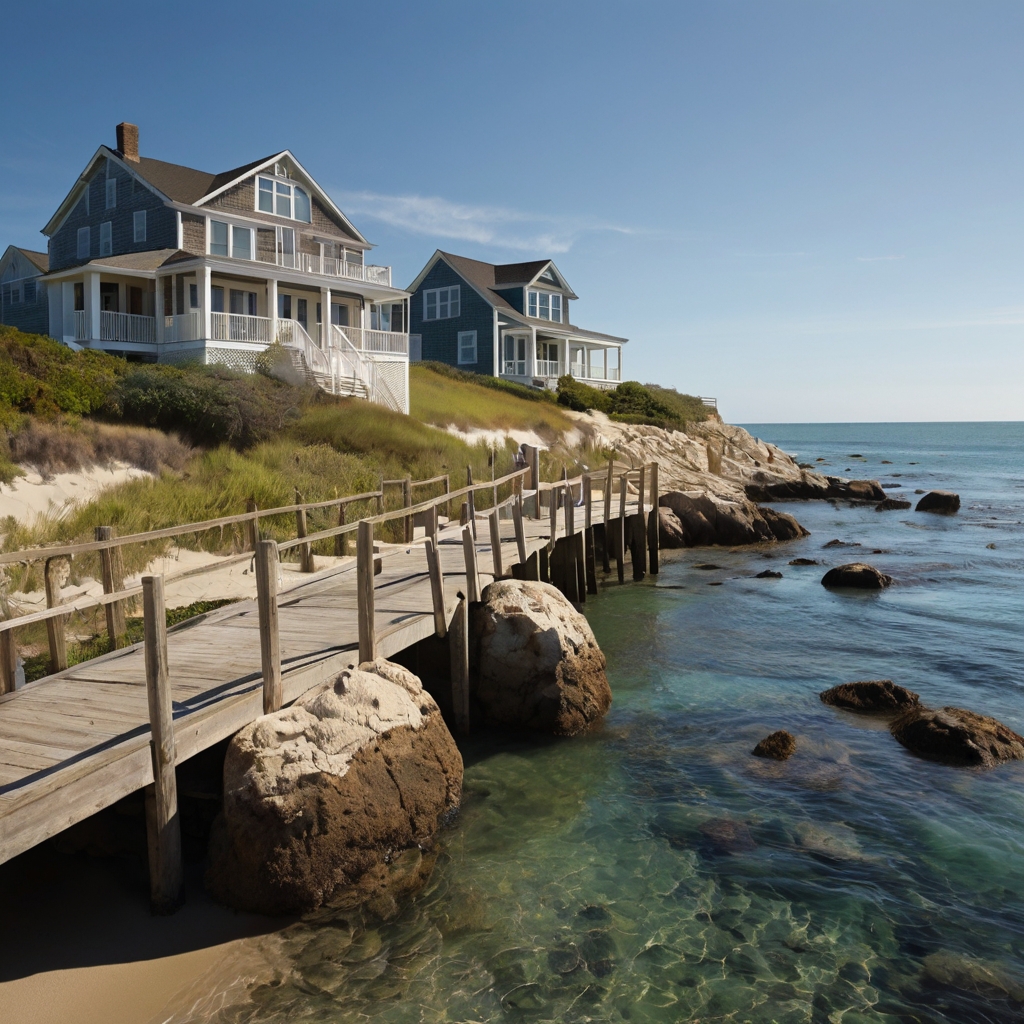Coastal Living: Benefits and Considerations
Table of Contents
- Introduction to Coastal Living
- Health Benefits of Living by the Sea
- Economic Factors to Consider
- Environmental Impacts and Sustainability
- Community and Lifestyle
- Real Estate Market Trends
- Navigating Relocation Challenges
- Conclusion: Is Coastal Living Right for You?

Introduction to Coastal Living
Coastal living is more than just a change of scenery—it’s a lifestyle choice deeply imbued with the ocean’s rhythms. This way of life offers a unique cadence that blends relaxation with the opportunity for recreational activities right at one’s doorstep. The appeal of living near the ocean resonates with people seeking a retreat from fast-paced urban environments, providing a sanctuary that encourages a more laid-back lifestyle. For those drawn to this coastal charm, exploring homes for sale in Long Beach can be a great way to find the perfect balance between oceanfront tranquility and city conveniences.
Health Benefits of Living by the Sea
Living by the coast can significantly improve health, both mentally and physically. Numerous studies indicate that being close to water reduces stress and enhances well-being. The sound of waves, the scent of the ocean, and the sight of endless blue all contribute to a state of relaxation. The availability of outdoor activities like swimming, jogging along the beach, and water sports encourages physical fitness, improving cardiovascular health, and increasing vitality. Moreover, the air by the sea is often fresher and less polluted than in urban areas, contributing to better respiratory health.
Economic Factors to Consider
While the charm of the coast is evident, there are economic realities to consider. The cost of living in coastal regions can be higher due to the premium on location and service demand. These areas often attract tourists, influencing property prices and the cost of everyday living. Contrastingly, coastal economies offer diverse job opportunities, particularly in tourism, fisheries, and environmental stewardship. As discussed in this article on coastal economies, many coastal regions contribute significantly to national economies. Understanding these factors can help potential residents plan better financially before moving.
Environmental Impacts and Sustainability
The environment plays a crucial role in shaping coastal living. Rising sea levels and increased occurrence of extreme weather present risks that cannot be ignored. Coastal communities must engage in sustainable living practices to mitigate these threats, ensuring that future generations can enjoy the coast. Many areas are implementing innovative strategies to promote resilience, as detailed in sustainable coastal development practices shared by Coastal Resilience. These practices include building fortified structures, maintaining natural barriers like dunes and wetlands, and reducing carbon footprints, allowing these communities to thrive while conserving their natural beauty.
Community and Lifestyle
Coastal living offers a distinctive community vibe that is both enriching and compelling. Coastal towns often boast close-knit communities where vibrant local traditions and regular events foster camaraderie among residents. From seafood festivals to beach clean-up initiatives, life by the sea is closely interwoven with the environment. The social fabric of these areas encourages residents and visitors alike to participate in activities that build community bonds while promoting an active lifestyle, making coastal living a rich and rewarding experience.
Real Estate Market Trends
The real estate market in coastal areas is dynamic, often experiencing fluctuations based on seasonal demand and environmental factors. This can present both opportunities and challenges for potential buyers. Given the high demand, property values in such locales may see consistent growth, but navigating the market requires an informed approach to investment potential. Understanding market trends, recognizing high-growth areas, and strategically investing can yield significant returns, making coastal real estate an attractive option for savvy investors.
Navigating Relocation Challenges
Relocating to a coastal area comes with its own set of challenges. Prospective residents need to consider logistics such as moving costs, changes in insurance due to flood risks, and potential adaptations to coastal weather patterns. Understanding local regulations and securing proper documentation is crucial to avoiding legal misunderstandings. Proper planning and seeking advice from relocation experts can significantly ease the transition and reduce unforeseen hurdles.

Conclusion: Is Coastal Living Right for You?
In closing, coastal living encapsulates a lifestyle many dream of, offering myriad advantages and tangible considerations. Weighing the benefits, such as improved health and community engagement, against potential challenges like environmental risks and financial implications is essential for anyone contemplating such a move. While the sea beckons with its promises of tranquility and opportunity, ensuring that it fits your needs and circumstances will lead to a more fulfilling experience. As you ponder the possibilities, remember that coastal living is as much about the journey as the destination.
FOLLOW US ON FACEBOOK
RECENT POSTS
TAGS
About The Memory Hole
You've reached TheMemoryHole.org! A diverse lifestyle blog with content on a variety of different topics to help you define and live the life you want to live! Thanks for stopping by!
Copyright © The Memory Hole. All rights reserved.








